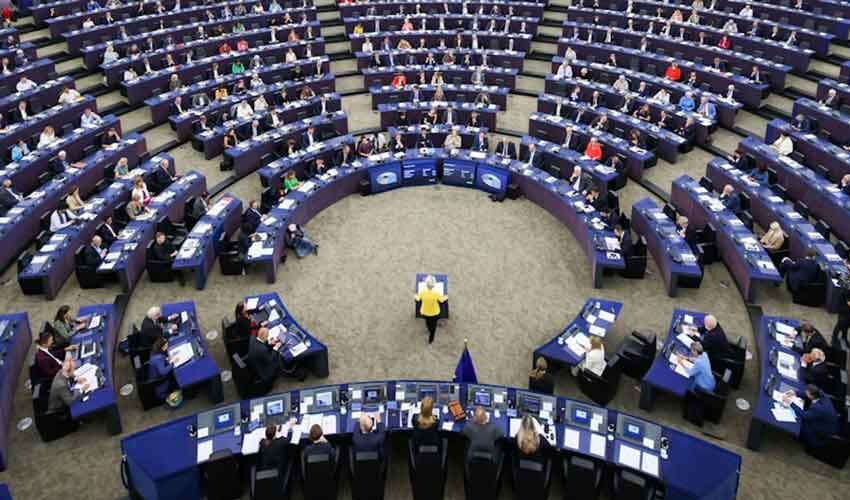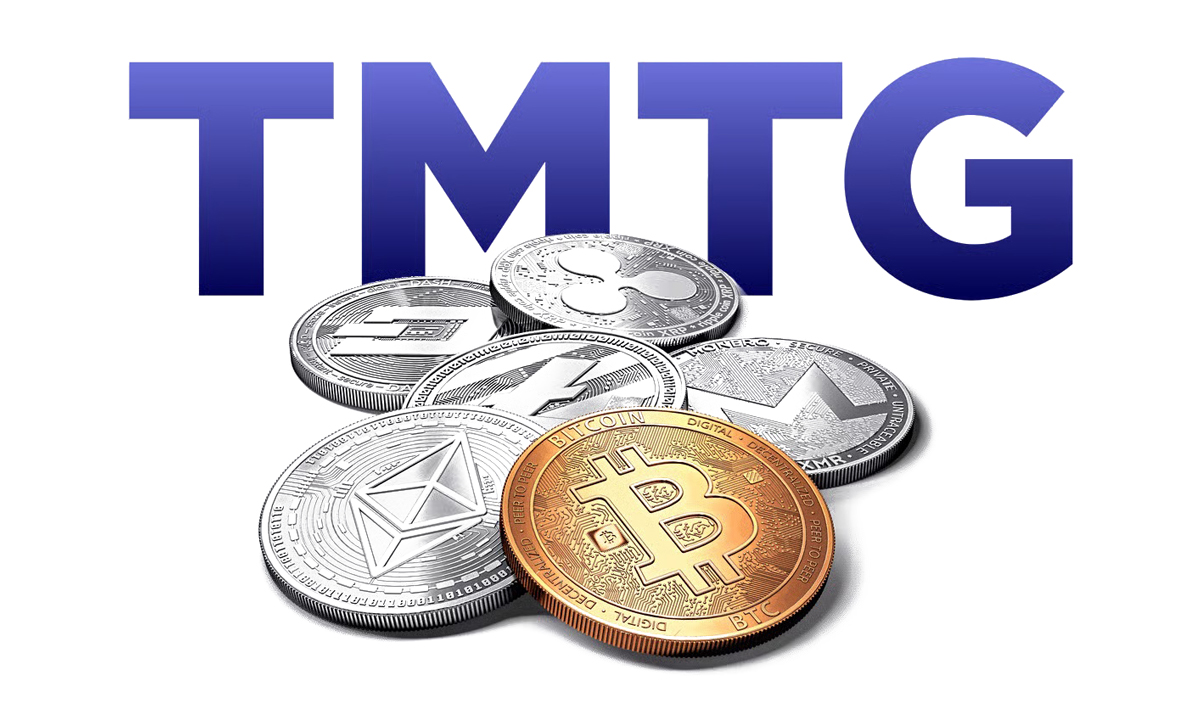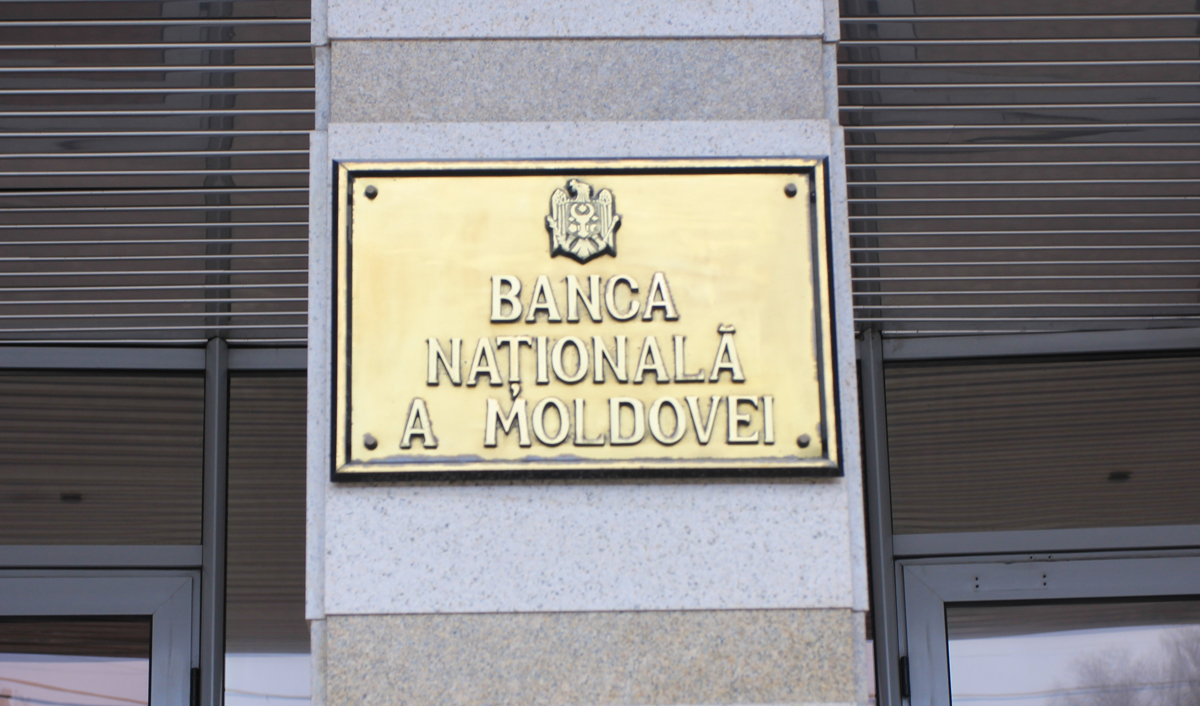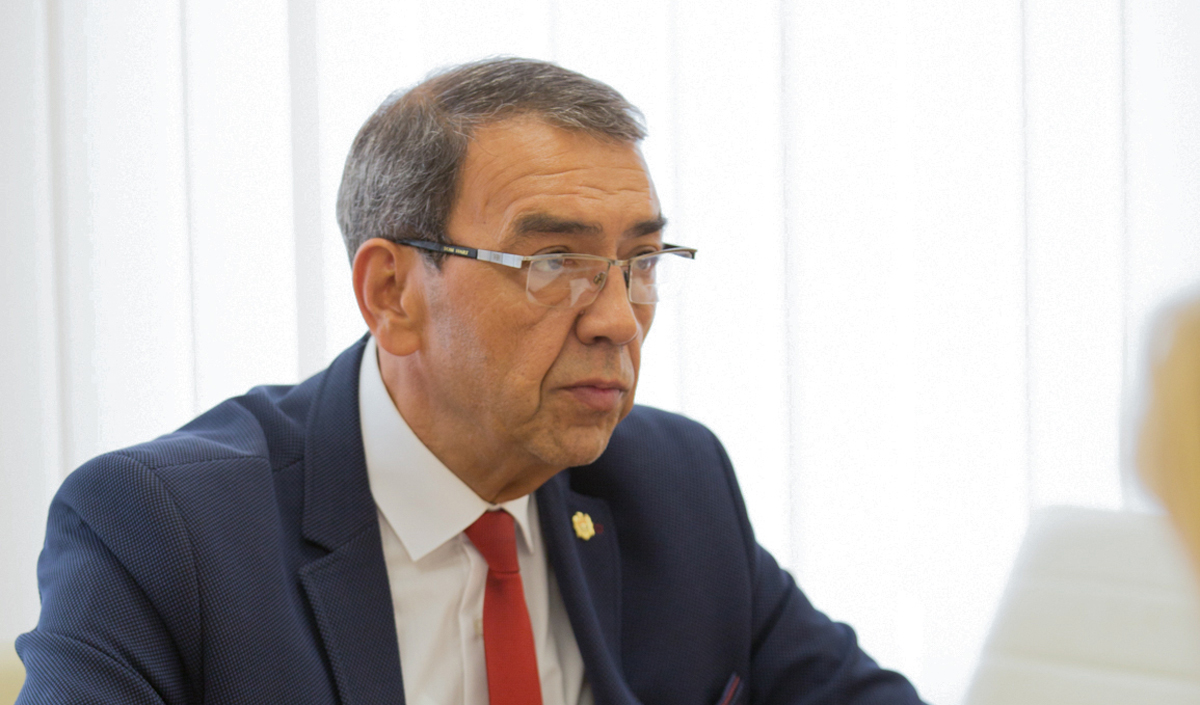
The new restrictions, approved on July 18, prohibit transactions with 22 more Russian banks, the Russian Direct Investment Fund and its subsidiaries, Euronews reported. In the energy sector, the new package of sanctions provides for the refusal of direct or indirect use of the Nord Stream gas pipeline, even in the long term. In addition, the EU insists on turning the mechanism of limiting the ceiling price of Russian oil into a more flexible instrument of influence to really limit oil revenues. Now the maximum price is set at $60 per barrel. In the future, the EU proposes to make it 15% lower than the average market price of oil. The new limit will be $47.6 per barrel.
The last point is unlikely to seriously affect the Russian economy, as the U.S. did not support lowering the price threshold for Russian oil. And Washington was among the initiators of the G7-level cap under the previous administration. Without the support of the United States, the new price cap is likely to apply only to trade with EU countries, which is already minimized.
The same applies to curbing the activities of Russia’s “shadow fleet” used in oil transportation. The new EU sanctions package imposes a ban on access of 105 vessels of this “fleet” to the ports and service centers of the EU countries.
Brussels is confident that “one of the toughest sanctions packages” they have agreed on will cut Russia’s military budget and force it to stop the war.
The adoption of the 18th package of sanctions was long blocked by Slovakia, which did not agree to a complete withdrawal from Russian energy supplies and demanded financial compensation of 20 billion euros from the European Commission. Slovak Prime Minister Robert Fitzo argued that his country risks a lawsuit from Gazprom for 16 to 20 billion euros due to the termination of the long-term contract, which runs until 2034. This is why Slovakia needs compensation. However, the European Commission considered that the ban on gas supplies from Russia to EU bodies would be a “force majeure” that would allow any governments and companies to defend themselves in court against claims from Gazprom.
After lengthy negotiations, Slovakia lifted its veto, which made it possible to approve a new package of EU sanctions against Russia.













